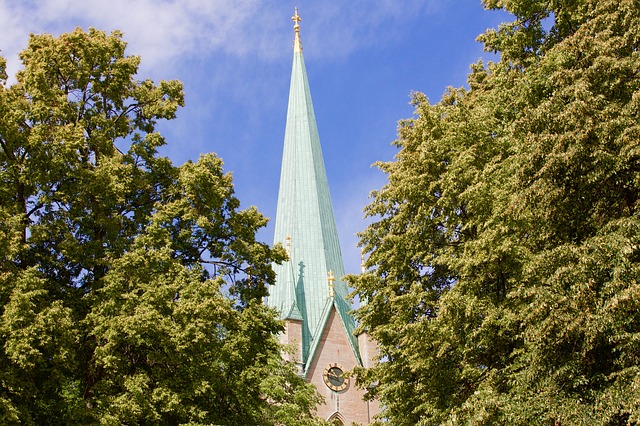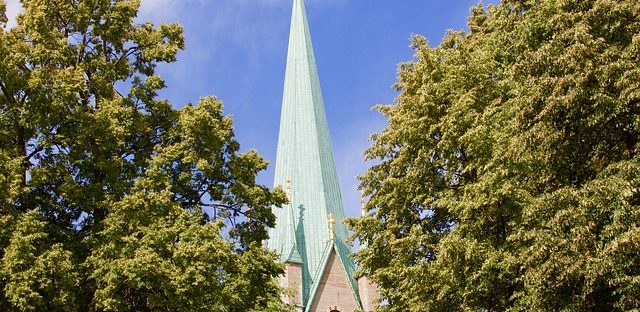- Target: 100% renewable energy sources for fuel, heating and electricity.
- Status: In progress
- RES: Biogas as biofuels, district heating and cooling systems.
- Implementation: In the 1970s, Linköping was suffering from air pollution because of emissions from diesel-fuelled public buses. An alternative fuel was found in methane-rich biogas since it was clean-burning and cheaper than expensive oil imports. In 1995, the city in cooperation with Tekniska Verken, the municipal services provider and the Linking University decided to form an associated company with shared ownership, called Linköping Biogas AB (now Svensk Biogas). It began work with the farmers’ association, transit authorities, and other actors to implement a biogas project. The biogas would be made by turning waste products (wastewater, residues from local agricultural activities, meat processing industries and restaurants) into methane. The production would reduce the need for environmentally destructive landfills and waste incinerators, and reduce the volume of waste sent for incineration. The biogas project has contributed to the city’s economy, by increasing the competitiveness and productiveness of local farmers through the production of biogas and bio-fertilisers. By 2002, the entire city bus fleet and about 90% of the taxi fleet were bio-methane driven. In 2005, the world’s first biogas train became operational in Linköping. Since 2010 the City of Linking created its own car pool of around 25 vehicles that run on biogas. The cars are used by municipality employees during the daytime for work-related travel and are available for the general public in the evenings and at weekends. Besides biogas, the city is investing in co-generation for producing electricity, and providing district heating and district cooling from waste incineration.
- Population: 104,232 (city), 158,841 (metro)(2010)
- Area: 42.16 km2 (16.28 sq mi)

